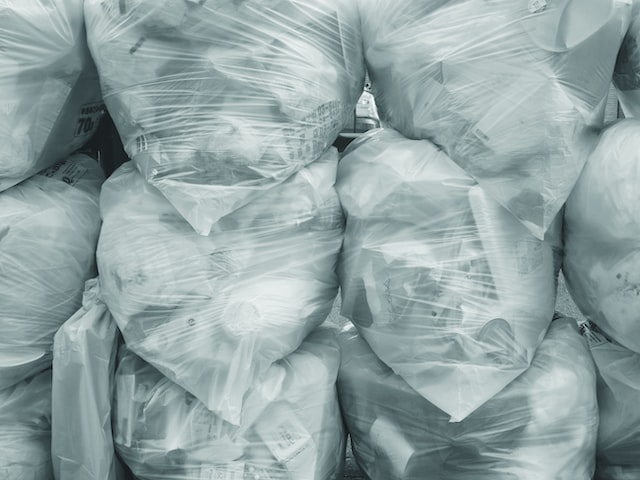Most of us like to think we’re very careful with our personal data. A lot of us now have a small personal shredder at home, so that we can get rid of our bank statements and bills properly. Or even better, we do everything online to avoid the paper trail altogether. For the most part, this is a great start to keeping your data safe – but there is still room for improvement. But there are some things we all forget about, and that could be leaving us open to identity theft and fraud. So today, we bring you 5 documents that you might not be shredding, but that you probably should.
Boarding Passes
If you travel a lot, odds are you probably have a drawer full of leftovers from your trips. Currency rattling around that you might use again, business cards, souvenirs and all of those travel toiletries and eye masks you get on planes. And maybe even your boarding passes, which often get shoved in a drawer when you go to put your passport away when you’re home. But when you eventually have a clear out, you will probably also end up throwing them in a bin bag, rather than shredding them. This is a bad idea, since criminals who get hold of boarding passes (even used ones) can scan the information hidden behind the barcodes, and unearth all sorts of personal information about you.
Medical Records
It goes without saying that you probably don’t want many people to see your medical records. They are very personal, very private documents, and often reveal things about you that could be either used against you, or used to gain more information. But apart from the purely privacy-based issue, medical records of all shapes and sizes – from pregnancy notes to a simple prescription – can reveal all sorts of intimate details about you. From basics like your name and address, to insurance information which could be used to commit fraud. In fact, we’ve talked about why data thieves like medical records before, in this blog.
Receipts
Every couple of months we all get to the point where we are sick of all the receipts clogging up our wallets and decide to have a clear out. But be honest, how many of us just throw them in the bin? While it might be easier, it’s also incredibly dangerous. If you look at a receipt, you can see all of the transactional data on them, and just how much sensitive information that gives access to. At best, if a criminal got hold of this they could use it to commit fraud against the business you purchased from (with fraudulent returns etc), and at worst they could use it to access your personal bank accounts and steal your money.
Bills
Bills are a pain, but they are a part of life. But while your bills are just bills to you – just bits of paper, to data thieves they are an absolute goldmine. With a bill in hand, someone else can take out credit in your name, divert products or services to themselves (while leaving you to pay or it), or even open accounts and access yours, without you even knowing. So once you have paid them, make sure you shred them.
Junk Mail
Junk mail is the scourge of the world, and almost no one actually reads it. 9 times out of 10 it goes straight from the doormat into the bin. But while this might be satisfying for you, it’s not at all safe. Generic junk mail, or better yet personalised junk mail is attractive to criminals – particularly those offering credit card deals. If they get hold of your personalised junk mail, they can respond and, say, open a credit card in your name using this ‘pre-approved offer’, and you would never know.
At Hungry Shredder, we are specialists in destroying sensitive data, whether it be on paper or a hard drive. Our courier collection and drop-off services make it quick and easy for you to dispose of your confidential data safely, and our certificate of destruction service provides proof that your information is completely destroyed. For more information, or to order your shredding sacks, get in touch with us today.



